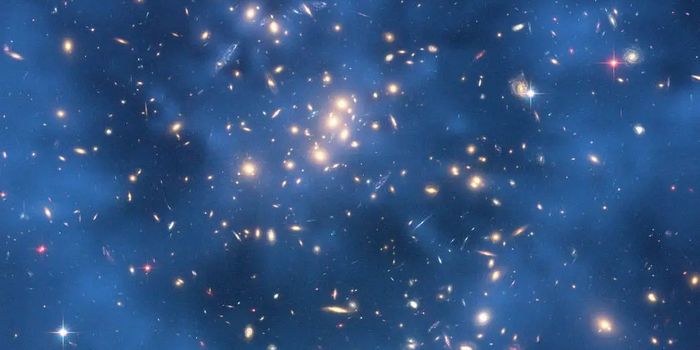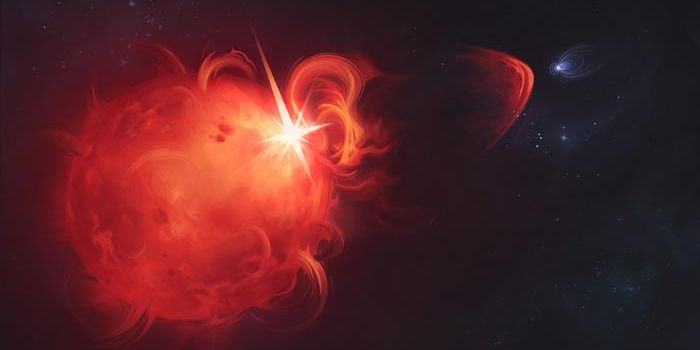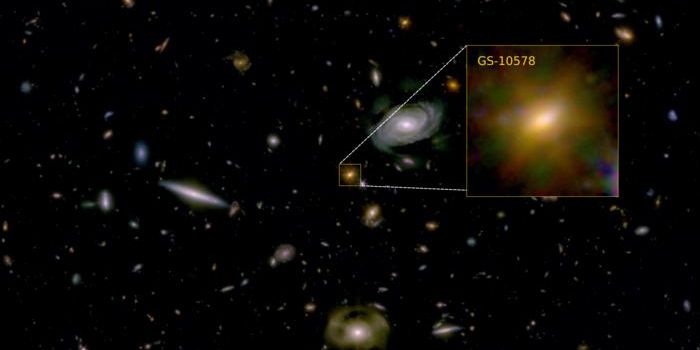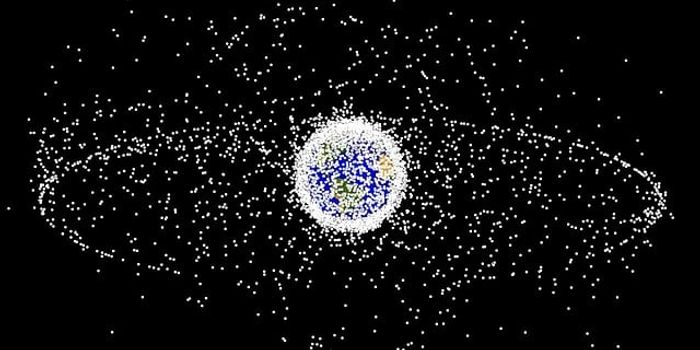There May Be More Water-Rich Planets than Previously Thought
Researchers have uncovered a new mechanism may mean there are many more water-rich planets with atmospheres in the universe than previously thought.
Life on Earth is possible in large part due to its atmosphere that both regulates our climate and shelters us from cosmic rays. Until now, researchers have thought that most rocky planets do not have an atmosphere- and certainly not a watery one. New research, however, suggests that this may not be the case and that a mechanism may exist that allows planets to retain water vapor and keep it for long periods.
Observations from telescopes give astronomers details about how big an exoplanet is, its proximity to its local star, and, under certain circumstances, its mass. Further planetary details come from extrapolations based on what we know about Earth and other planets in our solar system. Given that the planets in our solar system are not among the most abundant varieties in the universe, however, our understanding of more abundant planetary types is very limited.
"What we already knew from the Kepler mission is that planets a little smaller than Neptune are really abundant, which was a surprise because there are none in our solar system," says Edwin Kite, one of the study's authors. "We don't know for sure what they are made of, but there's strong evidence they are magma balls cloaked in a hydrogen atmosphere."
While there appear to be bountiful planets cloaked in a hydrogen atmosphere, there's also a fair number of smaller rocky planets without a similar atmosphere. This has previously led scientists to say that these planets lose their hydrogen atmosphere over time as nearby stars blow them away.
However, in the current study, the researchers suggest that as liquid magma is quite runny and turns over vigorously, much like the Earth'sEarth's oceans, there's a possibility that it can absorb hydrogen from the atmosphere and react with it to form water. Once the nearby star would strip away all the hydrogen in the planet's atmosphere, the water would then get pulled out into the atmosphere as water vapor. This would then leave the planet with a water-dominated atmosphere that, say the researchers, could linger for billions of years.
All that is left now is to test the hypothesis. The launch of the James Webb Space Telescope later this year will enable astronomers to measure the composition of 'exoplanets' atmospheres. Should it detect planets with water in their atmosphere, astronomers would have some proof of the theory.









